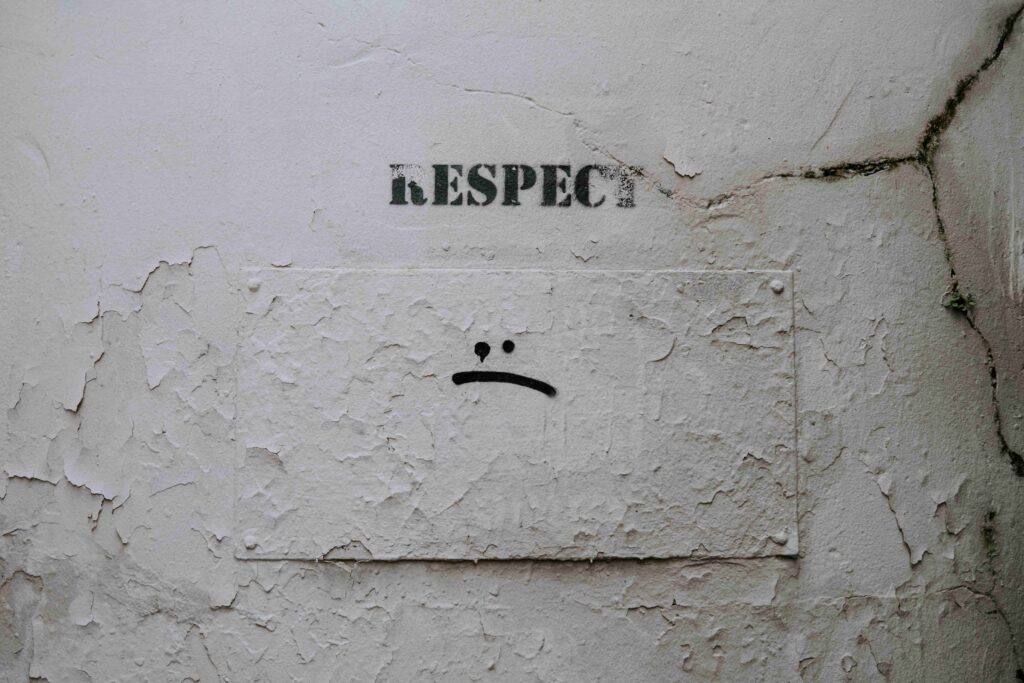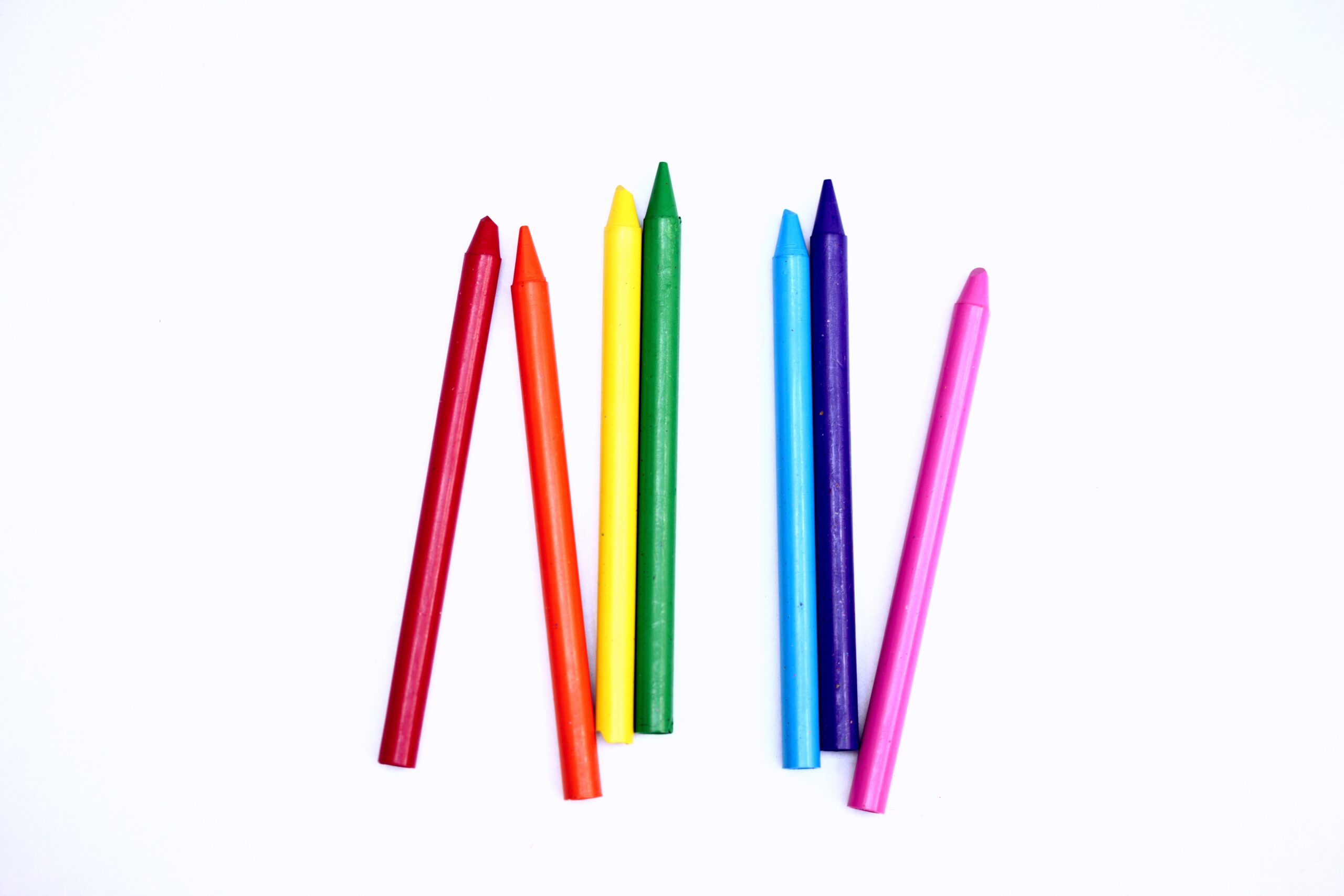The Power of Trans Empathy: Recollecting Unconditional Community Nurturing
Author’s Memo
This piece is an examination, through the lens of my own personal experience, of the ways in which the transgender community supports itself. In this investigation of my own coming out experienceI’m able to offer an inside report on the importance of empathy as a community building tool within the trans community.
In my own words I share real world examples of why I believe the trans community uses empathy as a powerful tool to combat transphobia and promote self-love. Trans Empathy uses an autoethnographic narrative to invoke a call to action to be more compassionate to one another during times when we need it most. It gives the reader, whether they be part of the community or not, an understanding of why I’m making this call to action and how I got to it.
Trans Empathy responds to the questions “How does the trans community differ from other queer communities” as well as “Why is having a trans community based on empathy important, both individually and in the greater scope?”
Trans Empathy responds to the questions “How does the trans community differ from other queer communities” as well as “Why is having a trans community based on empathy important, both individually and in the greater scope?” It serves as a insider’s narrative on what it’s like to be trans in America and a cheeky statement on how unfairly and tirelessly empathetic trans folks need to be. I hope that after hearing what this piece has to offer, its readers learn to navigate the world with a new understanding of how powerful and sustainable empathy can be as a community-building tool.

Today, my boss apologizes for misgendering me and I thank her.
I work in a very grey office out of a very grey cubicle. I’m in a big grey building where a little grey headset streams to me a constant flood of angry patrons who every day find a new way to assume my womanhood based on my voice. My boss, who is by all accounts a very nice woman, is usually very good about my pronouns. I knew that every time she talks to or about me I would be able to breathe for a moment – something I do very rarely on the job.
For some reason, however, she misgendered me last week.
I felt as though my one tie to reality in a place where I constantly feel unreal had betrayed me. Office atmospheres are deceiving – they turn everything into the mundane. It’s easy to not seem crushed because everybody behind a cubicle is always some level of crushed. Pain simply fades into the white noise of the place.
I’m in a big grey building where a little grey headset streams to me a constant flood of angry patrons who every day find a new way to assume my womanhood based on my voice.
I knew this and I couldn’t stand it and I had to make sure she knew this mattered to me: I needed to know I could hold onto this tiny anchor of sanity to which my boss was the tether.
I sent an email. This was a big deal for me. The last time I tried to assert my pronouns in a work setting, I was assaulted and then fired.
Today, she calls me into a private meeting. As soon as I shut the door tears well up behind her glasses. She expresses her deepest apologies, saying she didn’t know why she had done that. “I’ve been practicing getting your pronouns right on my drive into work every day,” she says. She pleads with me to forgive her, stating she can’t imagine how hard it is to be “ma’am” on the phone all day.
I have never had someone feel so bad about misgendering me: I feel like I matter – I was not just being accounted for, I was being cared for.
For some reason, however, she misgendered me last week.
I wanted to hug her. Instead, I turn my energy into a more properly corporate response and thank her for caring so much. “It’s okay, really – most people don’t even try.”
Yesterday, I was misgendered at a family barbeque.
It was a graduation party for a family that is not mine yet but is slowly becoming so. A young man who I had cooked for on Thanksgiving, shared drinks with, played games with, laughed with recognized me as “the new fiancé.” He tries to give me a welcoming hello with a point and a “there she is” as he walks past.
The first time someone misgenders me is a moment I playback in my head for eternity. It is a constant second chance to right a wrong that I always miss.
I have never had someone feel so bad about misgendering me: I feel like I matter.
My heart leaps straight into my throat as I return to my familiar crossroads. I feel my blood rush as it’s journey upwards pumps adrenaline. My body is screaming at me the only way it knows how to make sure I get the “correct them this time or you’ll pay, you always do” message. My brain, however, puts its fingers in its ears and refuses to hear a word of it. I fumble into a meek smile and laugh, pointing back.
I spend the rest of the evening brainstorming ways to take back the encounter or somehow come out to this person. He’s a punky “bro” type – I think maybe being chill and putting my hand on his shoulder before we leave and coolly announcing that “hey, just so you know, it’s he” with a very masculine ‘it’s no big deal’ attitude will do the trick. I talk myself out of this tactic, thinking about how embarrassing it has been every time I’ve tried that move in the past. I leave instead with a timid “seeya.” The knowledge stings in the back of my head that every time this man looks at me I am still she.
My body is screaming at me the only way it knows how to make sure I get the “correct them this time or you’ll pay, you always do” message.
I wish there was some sort of pronoun pick-up artist. A master of the ways that can teach me how to talk to the cis at parties – without either of us feeling threatened by the other. Will Smith in Hitch vibes, but with a whole lot of fabulous trans folk instead of aggressively entitled men who treat women like prizes instead of people.
Tonight, it all hits me at once.
Why was I practically bowing to my boss? I supplicated myself. The fact that she had taken the time to acknowledge my pronouns as important made her some forgiving, just ruler who had just pardoned me from execution. Why did it move me to tears that it had mattered enough to her to make an effort? And why instead did I not say “thank you, it’s important to me, now please make sure everyone else stops calling me “chicka, girlie, and she” – I have a beard for Christ’s Sake and I can take it up with HR if I’m not properly addressed.
Why was I beating myself up after the BBQ for not sticking up for my own pronouns? Why did I fall asleep feeling a failure when instead, I should be disappointed that this other person did not make the effort to ask my pronouns in the first place or pick up that everyone else was using “he” every time they referred to me? I was not the failure in this situation – he was.
The first time someone misgenders me is a moment I playback in my head for eternity. It is a constant second chance to right a wrong that I always miss.
Tonight, I wonder what a world would be like where others showed the amount of stressed, desperate gratitude I do for being respected. What would a world look like where cisgender people are so afraid they will face disrespect that they carefully tiptoe around their truth and celebrate it when it’s even acknowledged.
John walks into the Starbucks. The barista asks John’s name. John knows that “John” is not the name that will match his calling on his debit card. You see, John’s full name is “Jonathon” – but he much prefers “John”. In fact, it makes his skin crawl when people call him “Jonathon”. Therefore, when the barista asks him for his name, John beams widely. He proudly says “John”. Most of the time, people assume that John is “Jonathon” because instead of asking his preferred name, they simply read the name off of his debit card when they swipe it – assuming that is the name he likes to go by. “Thank you so much for asking my name,” John says appreciatively. He leaves a good tip and a glowing Yelp review.
My heart leaps straight into my throat as I return to my familiar crossroads. I feel my blood rush as it’s journey upwards pumps adrenaline. My body is screaming at me the only way it knows how to make sure I get the “correct them this time or you’ll pay, you always do” message.
Trans people develop, I’m realizing, a new strand of empathy. Trans empathy exists not as a way for trans folk to relate to others but as protective armor. It is easier to catch flies with honey than vinegar and it is easier not to be ostracized, beaten, or murdered with empathy than to respond with anger that you are being disrespected and degraded.
It is tonight that I realize that I’m tired of trans empathy. Trans people do not need to exist in an endless cycle of gratitude. If others want to feel good about themselves for doing the right thing, they can donate to a charity and share it on Facebook. We do not need to thank people for respecting us. We do not have to feel like the onus is on us to make sure people respect us.
If you are trans, use this article as a “get off the hook free” card the next time you feel the need to say “thank you” for being treated like a human being deserves to be treated. Print it out, fold it up, and keep it in your back pocket:
Hello, you just treated me with basic human respect. We can use this coupon in lieu of a “thank you”, as I should not have to be thankful for respect – people should grant it to me. This coupon is also good for any erroneous, violating questions you might have about my dead-name, my genitals, my “coming out” story or anything that involves the word “why”. It is good for eternity, no expiration date. Cannot be combined with digital coupons. Give your trans friend a big hug, a good handshake, or 5 dollars – whichever they prefer.
Hello, you just treated me with basic human respect.
Transferrable – so make sure you share this coupon with anybody else who thinks a trans person needs to thank you for using a pronoun; something everybody is doing for everybody else all the time without being thanked. Let me warn you: if you do not respect the coupon, the manufacturer has the right to revoke all respect privileges and now has the right to call you by the wrong name, pronouns, and ask you weird questions and you must thank them if they choose, every once and a while, to get it right.
Tonight is a night of revelation.
Perhaps tomorrow…tomorrow will be a day where I feel free and perhaps…
Even a little rude.

Credits
Featured image by Katie Rainbow for Unsplash
Image by Claudio Schwarz for Unsplash
Roses by Arno Senoner for Unsplash
Learn More
New to autoethnography? Visit What Is Autoethnography? How Can I Learn More? to learn about autoethnographic writing and expressive arts. Interested in contributing? Then, view our editorial board’s What Do Editors Look for When Reviewing Evocative Autoethnographic Work?. Accordingly, check out our Submissions page. View Our Team in order to learn about our editorial board. Please see our Work with Us page to learn about volunteering at The AutoEthnographer. Visit Scholarships to learn about our annual student scholarship competition.
Raine Grayson is a multi-genre writer who focuses on exploring/uplifting the LGBTQIA+ community and works full time with the true storytelling workshop TMI Project (tmiproject.org). To queer up your timeline follow him on all social media platforms @rainerpism and check out other work at rainegrayson.com.










